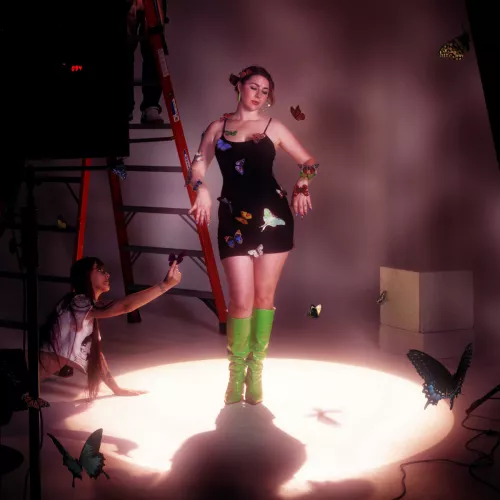
AI music start-ups accused of “industrial scale infringement” for using copyrighted music to train its models
Two AI-based music start-ups have been accused by the three major record labels – Universal, Sony and Warner – as well as others of “trampling the rights of copyright owners” in their using of copyrighted music to train their models.
The labels launched a lawsuit against the start-ups Suno and Udio in late June, with the legal action focusing on the training process behind AI models rather than the copyright violations themselves. Such start-ups allow users to create songs by typing descriptions, while a recent upgrade to Suno also allowed people to upload sound files in order to help the AI tool in its creation.
“Foundational principles of copyright law dictate that copying protected sound recordings for the purpose of developing an AI product requires permission from rightsholders,” the labels’ lawsuit said. “Suno cannot avoid liability for its wilful copyright infringement by claiming fair use. The doctrine of fair use promotes human expression by permitting the unlicensed use of copyrighted works in certain, limited circumstances, but Suno offers imitative machine-generated music – not human creativity or expression.”
Suno has since hit back, though, arguing that its use of copyrighted music was “fair” and alleging that the major labels simply don’t want competition. “Where Suno sees musicians, teachers and everyday people using a new tool to create original music, the labels see a threat to their market share,” the company’s attorney said.
The trade organisation The Recording Industry Association of America (RIAA) has also waded into the debate and hit back against Suno and Udio. “After months of evading and misleading, defendants have finally admitted their massive unlicensed copying of artist’s recordings,” the group’s statement said. “It’s a major concession of facts they spent months trying to hide and acknowledged only when faced with a lawsuit.
“Their industrial scale infringement does not qualify as ‘fair use’. There’s nothing fair about stealing an artist’s life’s work, extracting its core value, and repackaging it to compete directly with the originals, as the Supreme Court just held in its landmark Warhol Foundation case.
Find the RIAA’s full statement here.
Meanwhile, the new Labour Government in the UK has recently confirmed plans to shelve a projected £1.3bn of spending on tech and AI projects, BBC News reported this week. This comes after a parliamentary group investigated the use of AI tools earlier this year telling the then Conservative Government that the use of such tools in music must be regulated.





